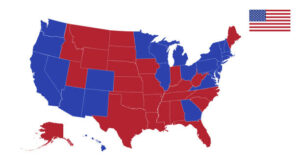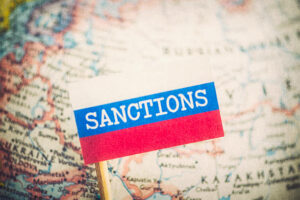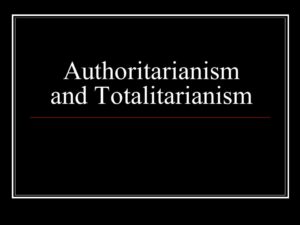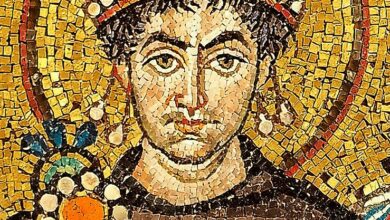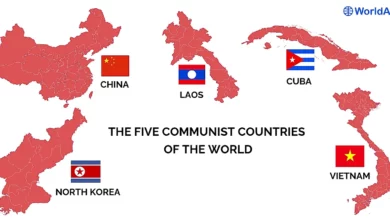What are Democratic Countries?
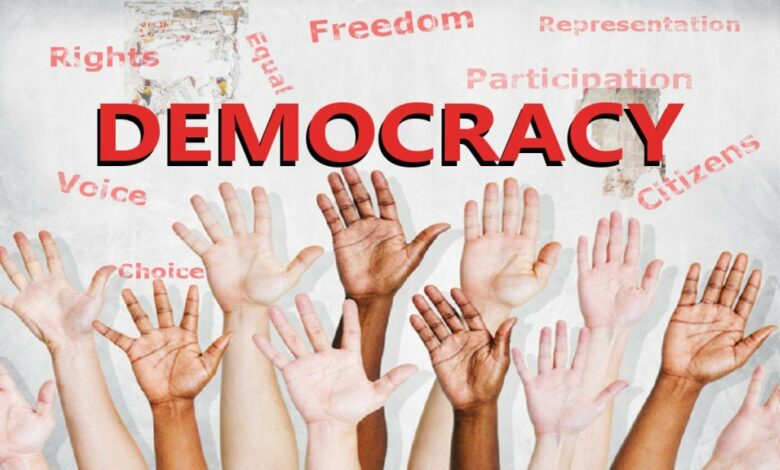
Democracy is a system of government in which citizens vote directly or indirectly for representatives to make decisions on their behalf. In theory, democracy allows for individuals and groups to be represented fairly, and it provides a check on the power of the government. But what makes a democratic country? And what do democratic countries have in common? Read on to find out!
What are democratic countries?
A democratic country is a country that allows its citizens to choose their own government. In a democracy, the people elect representatives to make decisions on their behalf. Democracies are often considered to be the best form of government because they allow for free and open debate, as well as freedom of expression.
What are the benefits of living in a democratic country?
There are many benefits to living in a democratic country. These benefits include the following:
- Political freedom is guaranteed in a democratic society. This means that citizens can express their opinions freely and participate in the political process.
- Democracy allows for change and progress to be made. If one party dominates the government, progress may be slow or impossible. In a democracy, different parties and groups have the opportunity to compete and improve the quality of life for all citizens.
- Democracies are typically more peaceful than other types of societies. This is because democratic processes are designed to allow for opposing views to be heard and debated before decisions are made. It is also important to note that democracies do not automatically mean peace, as there are always going to be disagreements between people in a democracy. However, compared to other countries, democracies are generally much more peaceful.
- Democracies tend to have better economies than other types of societies. This is because they allow for free competition among businesses and free expression of ideas in the media. This leads to innovations and improvements in economic policies, which in turn benefits all citizens.
- Democracies typically have stronger constitutions than other types of societies. This is because they are designed to protect the rights of citizens and ensure that the government is accountable to the people.
You may also like;
- Christianity vs Catholicism; The difference and comparison
- What you should know about Republican Countries
- Republican vs Democrat: Difference and Comparison
- Why did the Vietnam war start?
Frequently Asked Questions on what are Democratic Countries
How does democracy work?
Democracy is a form of government in which the people have the power to choose their own leaders. In a democracy, the people can vote for their favorite candidates or parties to govern them. The governments in democracies are responsible to the people who elected them.
How does democracy help to improve the quality of life for citizens?
There is no single answer to this question as the benefits of democracy vary from country to country and over time. However, there are a few general points that can be made about how democracy helps to improve the quality of life for citizens.
First, democracy allows for a more equal distribution of resources and opportunities across the population. This is because democratic systems rely on participation from all members of society, which means that everyone has a voice in the decision-making process. This ensures that everyone has an incentive to try and improve the quality of life for all citizens, as they are all affected by decisions made by the government.
Second, democracy allows for different voices to be heard and considered when making decisions. This is because democratic systems allow for different political parties and groups to contest elections and express their views on policy issues. This diversity of opinion helps to ensure that decisions are made based on a wide range of perspectives, which leads to better decision-making overall.
Finally, democracy provides citizens with a sense of control over their lives. This is because democracies are founded on the principle that citizens should have a say in how their country is run. This means that citizens have an understanding of their rights and responsibilities as well as access to
Is China is a democratic country?
In theory, China is considered a democracy. However, in reality, it is not. It seems that the ruling Communist Party controls all aspects of life in China, including its political system. This means that there is little freedom of speech or assembly, and no real opposition to the government. In fact, the Chinese people are so controlled that they are not even allowed to openly criticize their own government!
Which country is democratic country?
Some of the more popular democracies around the world include the United States, Canada, France, and Germany. These countries have long histories of being able to maintain stable governments and constitutions and have been considered models for other nations to follow. Other countries, such as Venezuela, may only superficially resemble a democracy but actually operate under a form of authoritarianism where the government controls all aspects of society.
Conclusion
Democracies are systems of government in which citizens have the right to choose their leaders and to hold them accountable. These countries have a number of distinguishing features, including freedom of speech and assembly, equality under law, and a competitive electoral process. Democracies around the world vary in their degree of political freedom, but they all share some characteristics that set them apart from other forms of government.
Last Updated 3 years by


